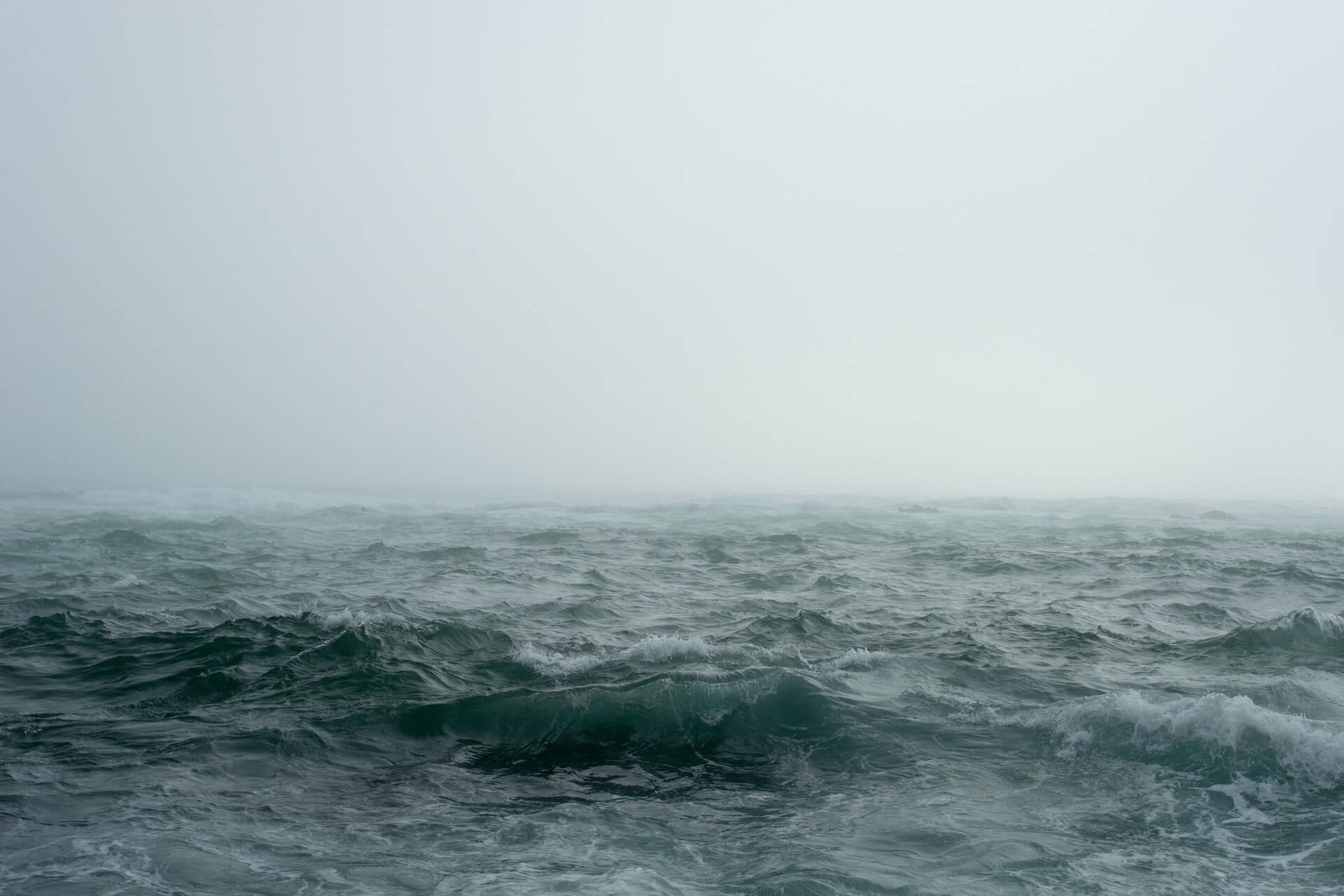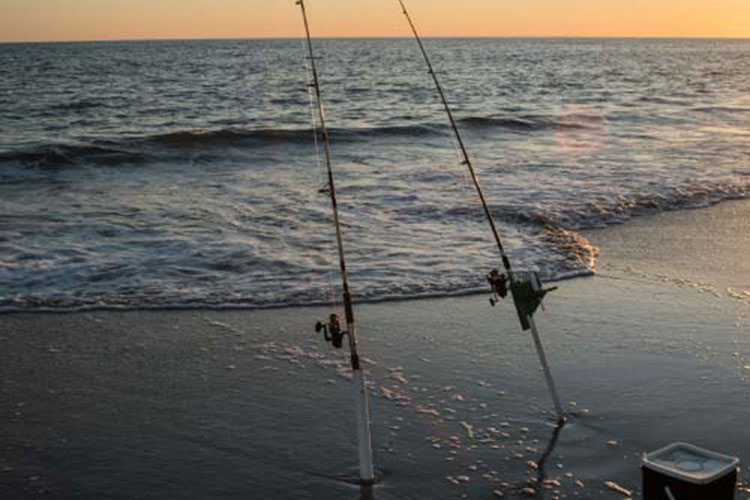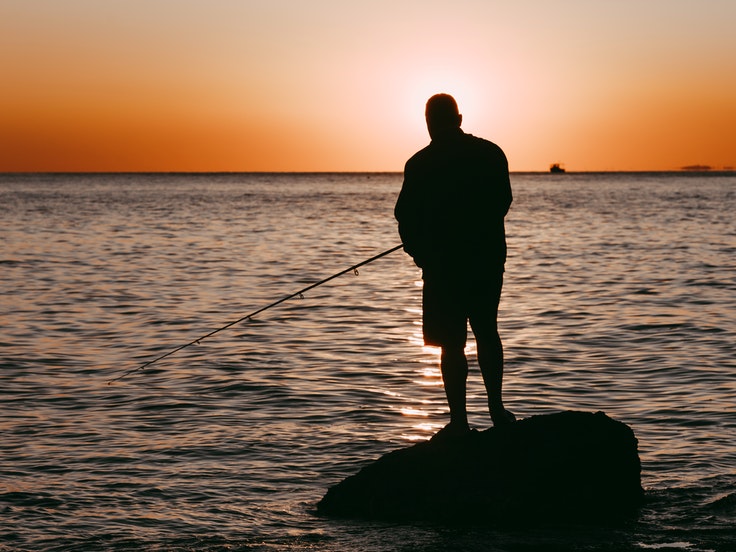
Weather conditions don't necessarily extinguish passion. Many anglers want to fish even in winter. Wind and waves are factors to be taken into account when choosing the tackle to use. Otherwise, your chances of catching something will be much reduced.
Choosing the right rod for your sea angling needs to be taken into account, whether you're fishing from the shore or from a boat. The conditions will require you to use different tackle, lures or sinkers, so you'll need a range that's totally adapted to your needs.
We'll see that depending on the technique you use, there will be more or less changes to make in your choice of fishing rod. You may also be interested in our article"How to fish at sea". Surf casting, spin casting and jigging all have different approaches.
Rods for surfcasting

This technique, which involves fishing from the shore with bait, is certainly the one most likely to be encountered in difficult conditions. In fact, there's nothing to stop you coming on board and casting your rigs into the water. However, the current and wind when you cast will prevent you from positioning your line as easily as usual.
You then have two solutions. The first is to agree to fish differently and the second is to increase the weight of the sinkers you choose so that you can reach the desired spot and not be thrown off. In this second case, you'll need to equip yourself with a more powerful rod that's capable of casting weights that can sometimes exceed 200g or more without risking its integrity.
You should also choose longer rods. We all know that the longer the rod, the greater its ability to propel thehook at the right distance. You'll need to do a lot of trial casting before you can master the technique properly. We advise you to start with at least a 4.50 m line.
Fishing with lures from the shore

Like surf casting, fishing with a lure from the shore can quickly become difficult in rough conditions. The wind quickly prevents you from being able to cast at the right distance and once, and your lure may be battered by the waves, preventing you from getting the correct action from your rig.
You'll need to go for equipment that can cope with heavier weights. Both the reel and the rod should be able to offer you greater power to propel your heavier, denser lures. This is one of the only ways you'll be able to fish in difficult conditions.
Length can also be a way of coping with a Mediterranean sea or an Atlantic ocean subject to low pressure. Increasing the lever arm will allow you to cast with more force, but also to have better control of the animation of your lure at long distances and in wave troughs.
Using lures from a boat
.jpg)
The conclusions are fairly similar to those from the shore, with one exception: you don't have to face the wind. With a large part of the boat open, you'll be able to position yourself ideally inside the boat to cast with the wind at your back.
However, the swell and current will still be factors to take into account when choosing the rod you use. To keep up with the current, you'll need more power. The weights you use will be heavier and you'll be able to master your fishing techniques more easily.
Be careful, however, not to opt for products that are too cheap for this type of fishing. Being heavier and more solid, they are sometimes a little less sensitive and pleasant to use. Always choose a quality product to help you feel the bites and catch the fish.
Jigging, a technique not recommended in rough seas
This is clearly the type of fishing that is most limited when the weather conditions are bad. First of all, jigging can only be done from a boat. Clearly, you can't go out every time the sea is rough. This limits the possibilities.
Secondly, your positions on the boat mean you're always very close to the freeboard. Heeling over can quickly become risky if you don't want to go overboard.
Finally, the swinging movements required to implement the technique cannot be carried out in optimal conditions. The movements are often poorly executed and rarely in a good position to strike. Many fish are sure to be lost as a result.
Only strong currents can be countered by a selection of rods with different powers. This will ensure that the jig weights you use are adapted to the current conditions, so that you can fish close to the bottom in the ideal way.
You might also like to read :
